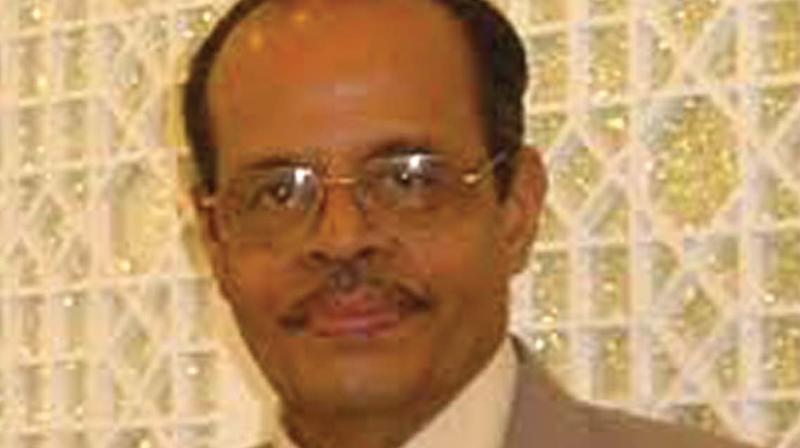Continuing legal education gains traction

KOCHI: The need for continuing education for legal professionals, recognised in most advanced countries for quite long, is gaining traction in India, too, as legal professionals are increasingly being exposed the challenges from a globalised knowledge dissemination system. The rapid changes taking place in the social and economic life in the country also necessitated upgrading of the knowledge-base of every professional. Prof. N.R. Madhava Menon, who has decades of experience in legal education, says the continuing legal education is a mandatory requirement in countries such as the US and has tremendous scope in a country like India. Prof. Menon, who has had a long stint in various universities in the country, is currently the honorary director of the Bar Council of Kerala MK Nambyar Academy of Continuing Legal Education (CLE).
The legal profession in India is still in its infancy compared with the US where is a business worth $25 billion a year, Prof. Menon said. “In most advanced countries, the legal profession has changed its character from a litigation-centric to arbitration and consultation-based services,” he said. “The legal profession in India is also expected to witness such a transformation in the coming days. The lack of facility for continuing legal education is a major impediment for such a transformation.” The changes taking place in the context of the new regulations with the advent of World Trade Organisation have also made the need for an accredited continuing legal education system necessary, Prof Menon said. Under the WTO guidelines, the legal services will become a tradable entity and the entry barriers currently existing for the foreign law firms will be gone, though gradually. The law firms in the country needed to be equipped for undertaking such challenges, he added.
“Even Indian firms require the need for a global perspective on legal matters in view of the increasing economic integration,” Prof Menon said. “For instance, an Indian company setting up its operation in China should have a clear understanding of the Chinese laws and the judicial process there. If an Indian law firm is unable to provide the required expertise such business will be cornered by foreign firms.” Arbitration is another major area in the legal profession that is expected to see a large scale growth in the coming days. “Most of the global commercial agreements including those between governments or government and multi-lateral agencies have arbitration clauses. In most cases the provision for arbitration will be places such as London. We should have a thorough understanding of all such issues to avoid unnecessary and costly litigation process,” Prof. Menon said.
The academy in Kochi, the first of its kind in the country, offers a slew of modules in select areas of legal education ranging from three-day to three-month residential courses. The academy, promoted by the Bar Council of Kerala with support of K.K. Venugopal, currently the attorney- general of India, is setting up its own campus at one-acre plot in KINFRA Park near the National University Advanced Legal Studies in Kochi. The work on the campus, scheduled to begin after the monsoon season, is expected to be completed in the next 18 months, says Dr V.S. Gijimon, registrar of the academy. The project is estimated to cost Rs 20 crore. The academy offers a total of 15 programmes for 2017-18 covering induction training course for newly-enrolled advocates, professional advancement training, specialised legal practice training and training in law teaching and research. The residential training lasts for three days. Each course is open for 30 participants per batch. All programmes start at 9.30 am and lasts till 7.30 pm. The model of the Academy has been highly appreciated and the Bar Council of India has directed all other state bar councils in the country to take the initiative on the lines of Bar Council of Kerala, he said.

